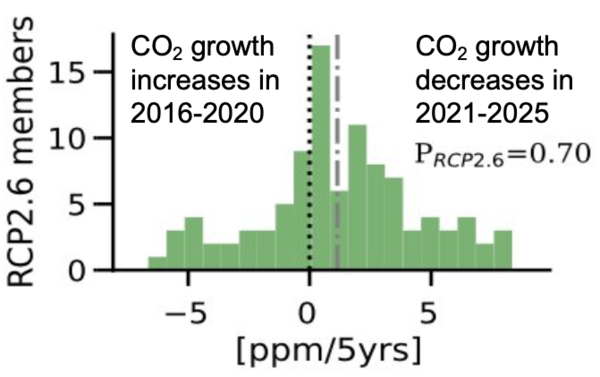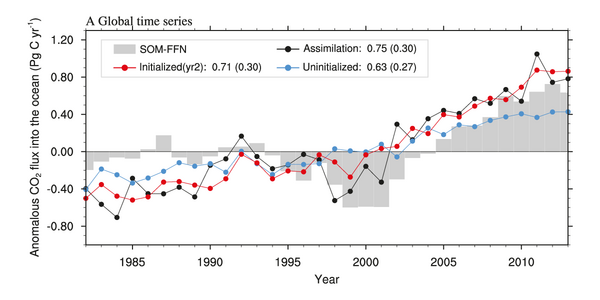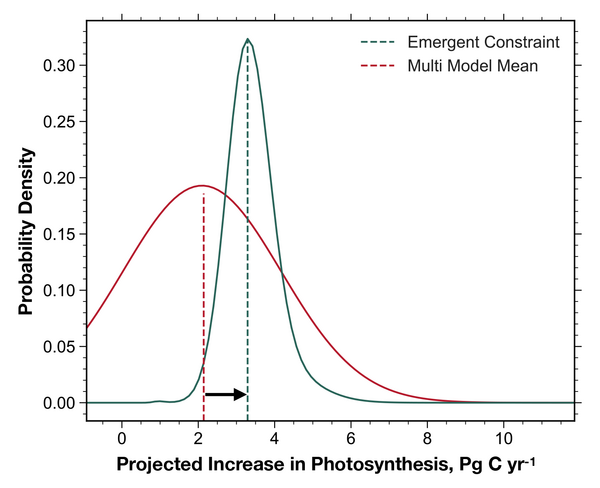![[Translate to English:] [Translate to English:]](/fileadmin/_processed_/5/4/csm_Temporal_mean_MOBO-DIC_200x300__c755c01851.jpg)
New insight into the seasonal carbon dynamics of the global ocean
Researchers at the Max Planck Institute for Meteorology (MPI-M) and colleagues used a machine learning approach to reconstruct a monthly climatology…

CO2 emission reductions only distinctly attributable in the atmosphere after a decade
In a new study Aaron Spring, Dr. Tatiana Ilyina and Prof. Jochem Marotzke, scientists at the Max Planck Institute for Meteorology (MPI-M), show that…

Multi-year forecasts can predict natural atmospheric CO2 variations
In a new study Aaron Spring and Dr. Tatiana Ilyina, researchers at the Max Planck Institute for Meteorology (MPI-M), were able to show that the…

Shifting winds weakened the recent Southern Ocean CO2 absorption
In a new study, Lydia Keppler and Dr Peter Landschützer from department “The Ocean in the Earth System” at the Max Planck Institute for Meteorology…
Contribution to understand the long‐term response of the ocean carbon cycle to climate change
In a new study in Geophysical Research Letters Dr Tatiana Ilyina and Dr Mathias Heinze from the department "The Ocean in the Earth System" at the Max…

Predicting the variable CO2 uptake by the ocean
The ocean CO2 uptake is predictable for two years in advance, according to new paper in Science Advances by Dr Hongmei Li, Dr Tatiana Ilyina, Dr…
EOS editors highlight paper: Sea-surface carbon patterns linked to large-scale climate modes
Observation-based estimates show the oceanic uptake of carbon dioxide is varying substantially in time, largely driven by the variability in the…

More peat carbon in warm climates
In a ground-breaking study Dr Thomas Kleinen and Prof. Victor Brovkin from the Department "The Land in the Earth System" at the Max Planck Institute…

Rising CO2 has unforeseen strong impact on Arctic plant productivity
In a new study, a team of researchers around Alexander Winkler and Prof Victor Brovkin from the department “The Land in the Earth system” at the Max…

WCRP Grand Challenge: Carbon feedbacks in the climate system
There are natural processes in the Earth system that remove anthropogenic carbon dioxide from the atmosphere, helping to limit climate change. These…
